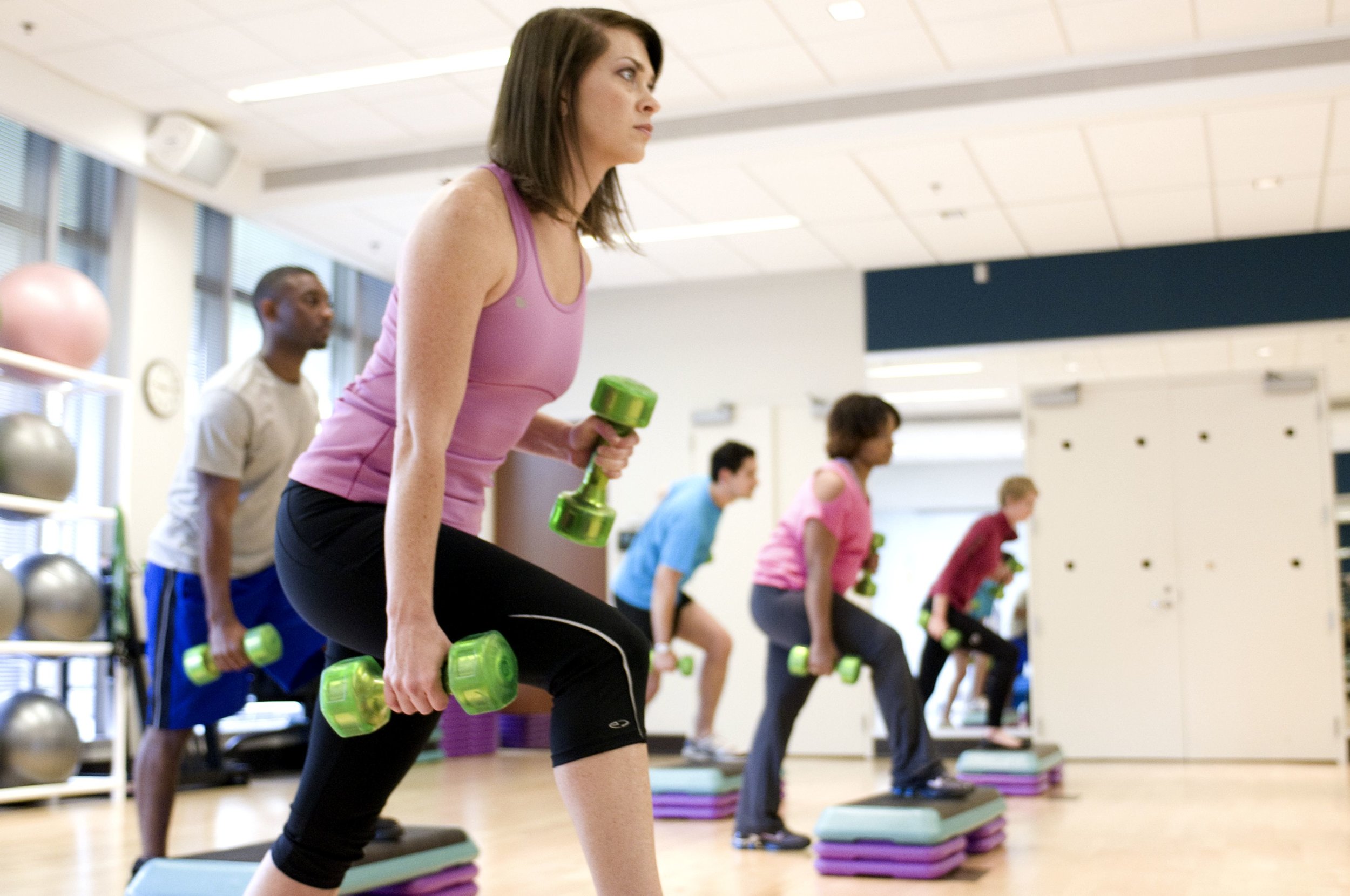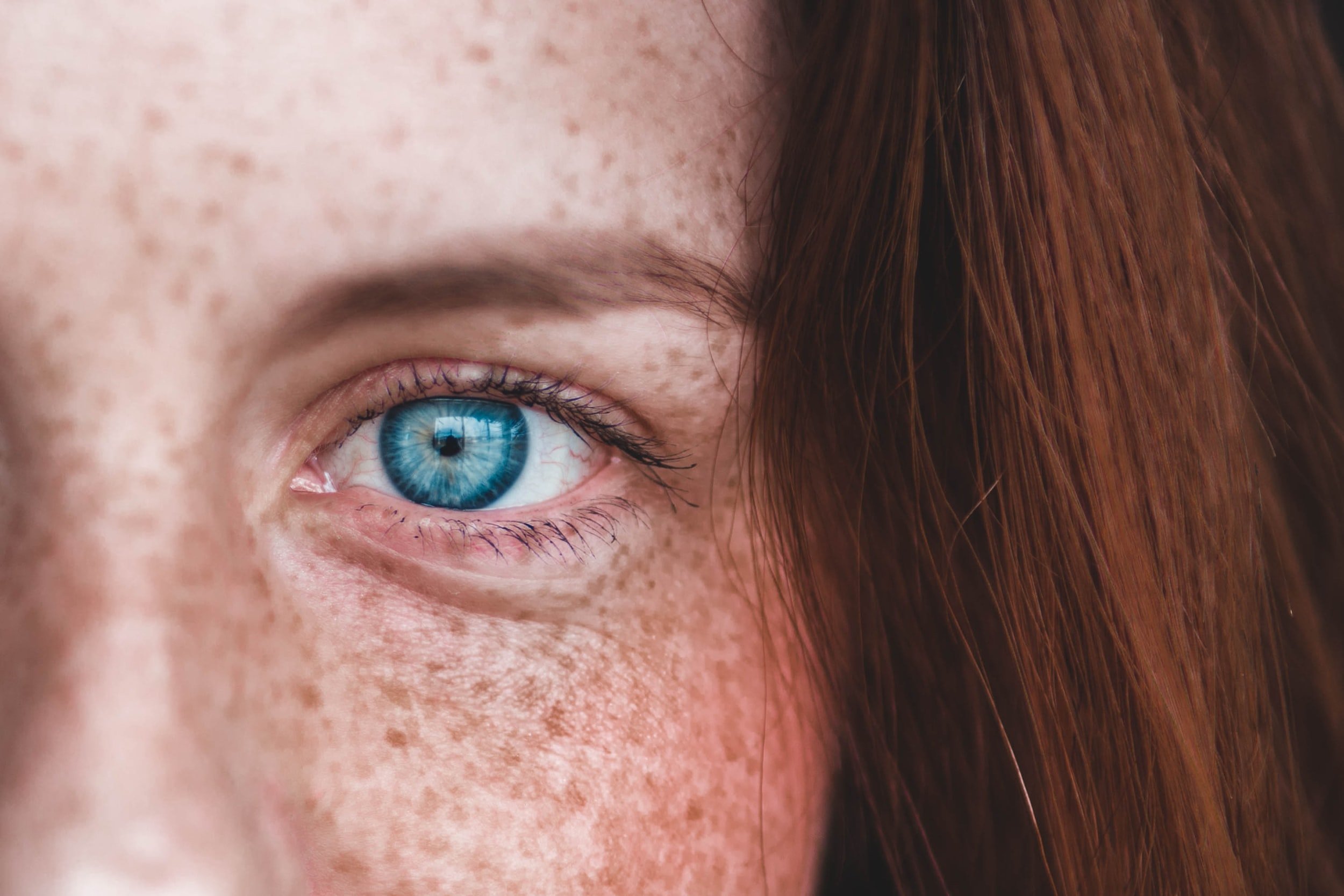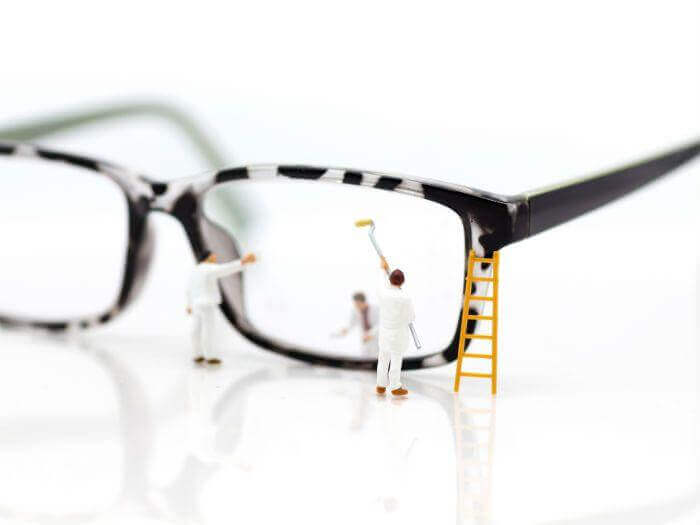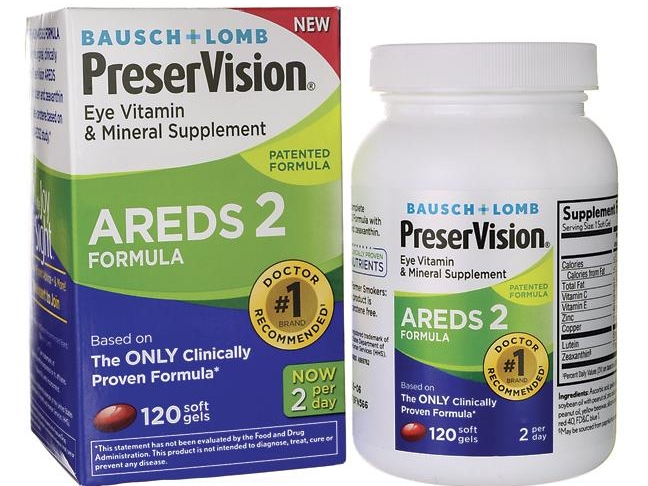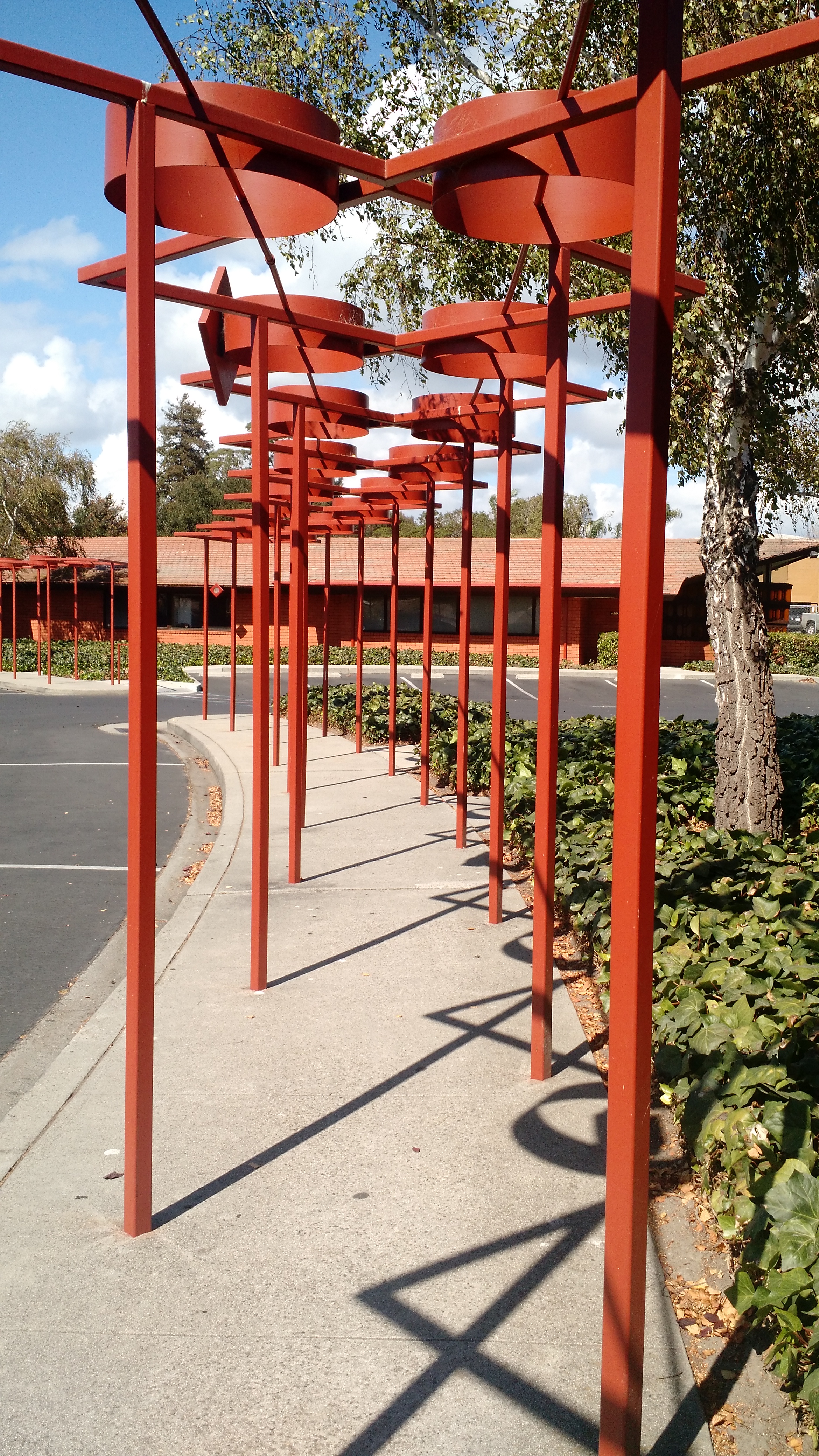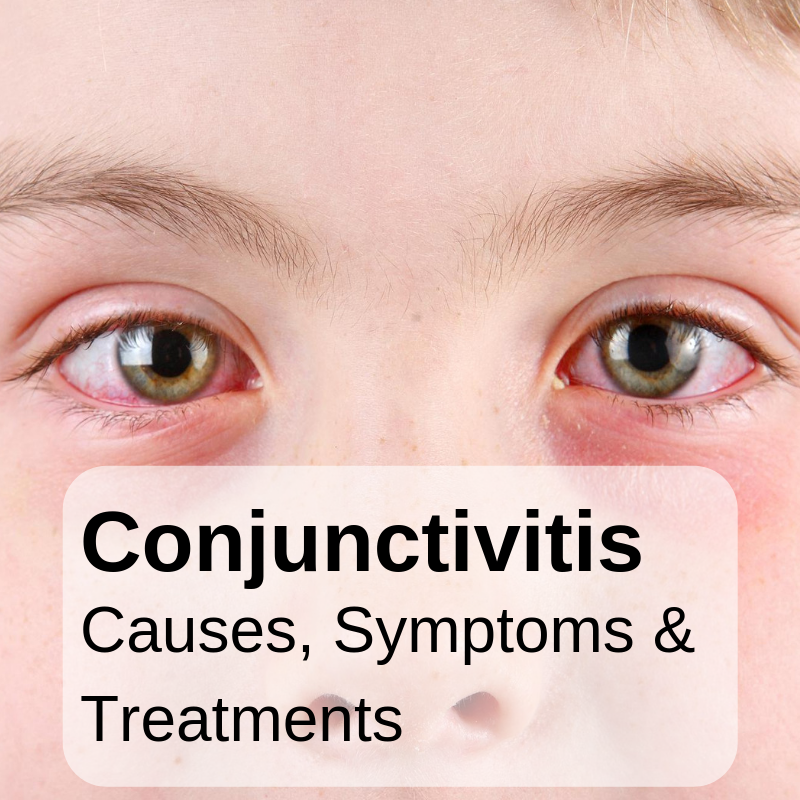Does Exercise Improve Eye Health?
/Living in Santa Cruz, many of us are excited about fitness. From world class mountain biking, to breathtaking hiking and big wave surfing, we live in a Mecca for the outdoors. What many of you might not know, however is that exercise is also important for your eye health.
The fact is that exercise is good for you, this much is common knowledge --whether for getting into shape, keeping generally fit, and even improving your mental well-being. What you might not know, though, is that exercising just a few times a week can help preserve your vision and decrease your risk of developing eye diseases.
High blood pressure and high cholesterol can potentiate vision problems and eye disease.
Two of the most essential steps to preserving your vision are maintaining a healthy diet and exercising regularly; the right kind of physical exertion can be highly beneficial for your eye health.
Studies Indicate a Looming Health Crisis
Multiple studies done over the past decade have revealed a relationship between the lack of exercise and an increased risk of several common eye diseases including wet age-related macular degeneration and diabetic retinopathy.
When left unaddressed, diabetes can damage the retina’s blood vessels and lead to blindness.
The prevailing research predicts that, as today’s population gets older, the proportion of individuals suffering from some form of visual impairment or blindness will double by 2050 — and these numbers are already rising globally.
Regular screening for eye diseases can help combat this problem.
A study which monitored some 4,000 older adults over a 15 year period found that those who kept an active lifestyle and exercised at least thrice weekly had a decreased risk of developing exudative (wet) AMD or macular degeneration.
Wet AMD develops when unwanted blood vessels grow beneath the center of the retina. Blood vessels here can leak blood and fluid into the eye, leading to loss of vision.
Glaucoma affects the optic nerves in the eyes and causes them to not function properly.
The optic nerve transmits visual images from your eyes to your brain and when the this is damaged it can cause a host of vision problems ranging from peripheral vision loss to blindness.
The optic nerve can become damaged in a number of ways such as lack of blood flow, deteriorating effects of diabetes, arteriosclerosis, and glaucoma.
Engaging in cardio exercises increases the blood flow to your retina and optic nerve.
Further, research focused on young adults found that moderate intensity, low-impact exercise leads to a significant reduction in eye pressure; excessively high eye pressure can lead to glaucoma.
The Glaucoma Research Foundation recommends regular, ongoing exercise, such as walking or jogging, to help reduce eye pressure.
In particular, cardiovascular exercises, like aerobics, have been linked to lowered intraocular pressure —the pressure inside your eyes— which is important to the protection of your retinal ganglion cells.
Go Outside, Enjoy Your Exercise
Getting the vision and eye health benefits of cardio workouts is a simple as taking a 20-minute brisk walk four times a week. Brisk walking for just this much every week can increase your blood flow by up to 25%.
If you prefer other exercises to walking, consider other workouts to improve your circulation, like cycling, swimming, dancing, or Pilates; beyond these you have so many other options, including any sports that you may already participate in.
Whichever activity you choose, you’ll not only benefit from improved eyesight and eye health, but a stronger, healthier heart, too.
The cumulative result of these effects is an improvement in general eye health and vision acuity; the beneficial effects are even more pronounced in people suffering from glaucoma.
While exercising, you should make certain that you protect your eyes with proper eye wear to prevent damaging your eyes while you work to improve them; to understand what kinds of eye wear you should wear for different activities, you should schedule a consultation with a sports vision specialist.
What Else Can You Do For Your Eyes?
Be sure that you’re visiting your eye doctor regularly; work with them to schedule checkups at least every year, or every other year at the most, and make sure you have the right prescription for your eye wear.
With all this talk of exercise, it’s important not to neglect the benefits of simply eating healthy. A balanced, nutritious diet is one of the best things you can do for your overall health, but it’s also one of the best things you can do for your eye health.
Be sure to pack your diet with a variety of fruits, vegetables, lean proteins and fish, to give your eyes every advantage.
In addition, cutting down on saturated fats and sugars, protecting your eyes from the sun when you’re outside, even on cloudy days, and quitting smoking, all contribute to protecting your eyes and vision health.
Make exercise, even only light exercise, your priority. This is particularly important, given recent research that shows regular exercise is associated with decreased risks for certain eye diseases.
Study after study has found powerful benefits of exercise from improved mental health to reduced risks of diseases, and even cancer.
With all this, it’s obvious that staying active, getting plenty of exercise, and eating healthily come with many benefits, from general health to improved eye health and preventing eye disease.
Many of us overlook our eyes and vision when we consider what we can do to improve our health; just because we can’t see our eyes, doesn’t mean they are any less important to keep healthy as our hearts, lungs, and minds.



